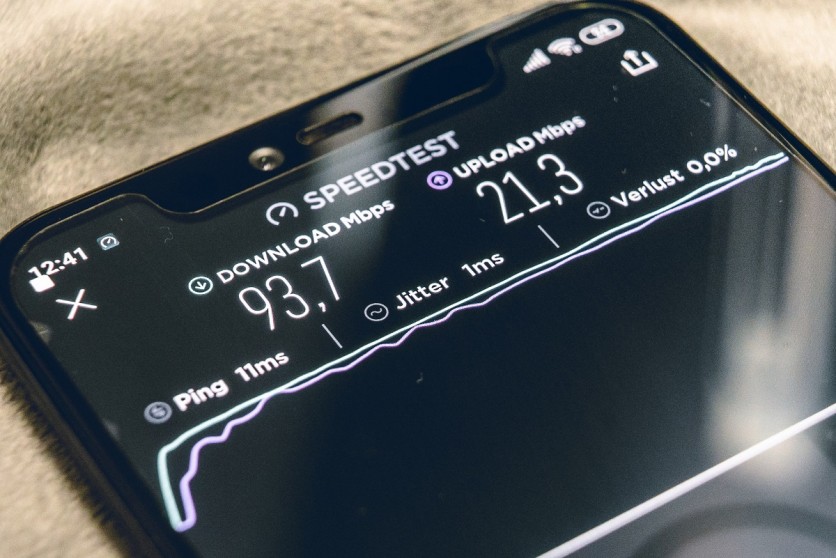Mobile service providers dispute against the proposal of the Federal Communications Commission to require the companies to map their speed and coverage claims across the United States.
According to CNET, the FCC's proposal last July pushes to require mobile carriers to "submit on-the-ground test data," which the commission believes to be critical in verifying the mobile broadband coverage data claimed by the companies. This is following the Broadband DATA Act that requires the FCC to check the coverage's reliability and accuracy.
However, Ars Technica reported on Thursday on August 20 that AT&T and T-Mobile contest the proposal in their submitted statements in response to the commission's request for comment.

On August 11, AT&T's submitted its response, saying that it would be impossible for all mobile companies to utilize the same parameters and accurately produce maps showing their network performance. AT&T also estimates that conducting an annual nationwide drive test would be too costly to check their mobile broadband coverage maps.
Based on its estimates, AT&T claims testing 25% of its nationwide 4G LTE coverage would cost about $45 million each year while testing the coverage on only 10% would still cost as much as $18 million annually.
"Requiring that all carriers conduct such nationwide drive tests, especially on a regular basis, is simply too costly," AT&T wrote adding that its investment is currently focused on 5G deployment. The company suggested that the commission could "collect certain confidential tower site location information" as it would be more efficient than drive testing.
Similarly, T-Mobile claimed that conducting speed tests are "extremely expensive and burdensome." The company added that mobile carriers would better invest their resources in their "network and deployment in rural America," instead of conducting regular on-the-ground testing every year, which would cost millions of dollars.
Last September, Verizon contested the possibility of a nationwide drive-test, saying that it "conducts drive tests in a more targeted manner" to ensure its propagation model is well-calibrated and accurate. However, the company merely sought to clarify the FCC drive-test plan without mentioning the drive testing on its recent filing.
Read also: AT&T Gives Out 3 Months of FirstNet Service Free to Healthcare Workers
FCC aims to improve broadband coverage maps' accuracy
In March, the U.S. Congress passed a new version of a bill for improving the accuracy of broadband coverage maps, which the FCC claimed to be inaccurate as 21 million lack of access to broadband. The commission said the maps are vital in its deciding which companies would receive a chunk of the $4 billion broadband coverage funding every year to help bridge coverage gaps.

The FCC tentatively plans to require carriers to submit speed tests, which would include signal strength measurements, uplink, downlink, and latency using an end-user application that would measure the broadband performance between the mobile device and test servers. The FCC also said that the tests should be carried out taken outdoors and not in areas near their towers where the signal strongest.
Meanwhile, the commission said it may change its proposal after evaluating the carriers' comments. Also, the FCC vowed to use the public inputs in developing the testing process that carriers would need to follow.
Read also: DDoS Attacks Hit US Leaving T-Mobile, Facebook, and Other Services Down
This is owned by Tech Times.
Written by CJ Robles
ⓒ 2025 TECHTIMES.com All rights reserved. Do not reproduce without permission.




